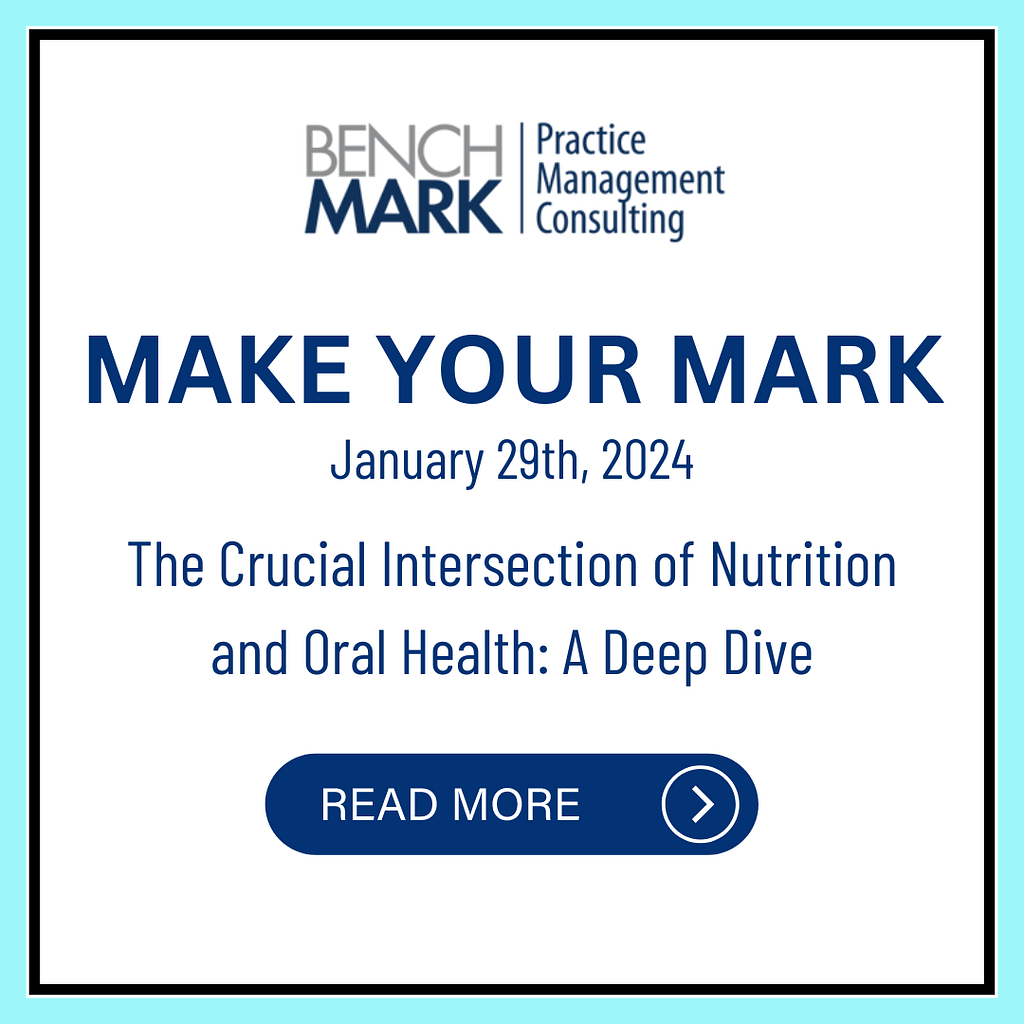In the realm of dental health, the adage “you are what you eat” holds profound truth. Nutrition plays a pivotal role not just in overall health but specifically in the health of teeth and gums.
We are going to take a deep dive into the often-overlooked yet crucial intersection of nutrition and oral health, exploring how what we consume can significantly impact the well-being of our oral cavity.
The Direct Link Between Diet and Dental Health
Every day, a microscopic battle is waged in the human mouth. Foods high in sugars and carbohydrates feed the harmful bacteria in dental plaque, leading to acid production that erodes tooth enamel and causes decay.
It’s not just about cavities; this bacterial imbalance can escalate to gum disease, a leading cause of tooth loss in adults.
That said, the modern diet, laden with processed foods, sugars, and acidic beverages, directly contributes to dental issues. These dietary choices create an oral environment more susceptible to decay and gum disease.
It’s a pressing concern that dental professionals encounter daily, witnessing the direct consequences of poor nutrition on their patients’ oral health.
Nutrients That Fortify Oral Health
Teeth and bones require calcium, but they also need phosphorus to maximize calcium’s benefits. These, as we know are the building block for dental health. Dairy products, fish, and tofu are excellent sources of both, helping to strengthen tooth enamel and jawbone density.
Vitamin D is crucial for oral health as it helps in calcium absorption, while Vitamin C strengthens the gums and soft tissues in the mouth. A deficiency in Vitamin C can lead to bleeding gums and gum disease.
How strategically are you using these in discussions with your patients? How much knowledge does your staff have in discussing them with patients?
The Role of Dental Professionals in Nutritional Counseling
Dental professionals are on the front lines of educating patients about the link between diet and oral health.
This involves advising patients on foods to avoid, like sticky candies and acidic drinks, and promoting a balanced diet rich in nutrients conducive to dental health. One possible touch point could be your office staff. Much like as kids we tend to listen to adults other than our parents more, this philosophy can be silently introduced into your practice so that nutritional health is a part of every conversation, not merely from the dentist.
Each patient’s nutritional needs and risks vary. For instance, a patient with a high risk of cavities might benefit from specific dietary adjustments compared to someone with signs of gum disease. Personalized nutritional counseling can make a significant difference.
Beyond the Chair: A Holistic Approach
Addressing nutrition in dental practices reflects a holistic approach to healthcare. It acknowledges that oral health is intrinsically tied to overall health, and what affects one can significantly impact the other.
Forging connections with nutritionists and dietitians can provide patients with comprehensive care that extends beyond dental treatment. This collaborative approach can guide patients towards healthier lifestyles, benefiting both their oral and general health.
The impact of nutrition on oral health is profound and multi-faceted. As dental professionals, understanding and communicating this connection is crucial for effective patient care.
When integrating nutritional counseling into dental practices, we not only fight the battle against cavities and gum disease but also advocate for the overall well-being of our patients.
In the end, a healthy diet is not just a pathway to a healthier body or a healthier mindset, but also to a healthier smile.




